Based on the August Wilson stage play of the same name as well as a screenplay penned by Wilson before his death, what works about Denzel Washington’s filmic adaptation of Fences is essentially what worked on the stage. This is to be expected, as the play is an uncontested classic, and Washington starred in more than 100 performances during its 2010 revival. So, if it ain’t broke, why fix it? Washington’s production is theatrical to a fault, taking place within the confines of a small handful of sets that constrain the action and provide a distinctly limited proscenium within which it establishes a collection of staggeringly well-rounded characterizations. Fences is a moving work that prioritizes people over plot, generating conflict on a very human scale that belies the story’s scope and significance.
Wilson’s work is focused on both place and race, with most of his noteworthy plays exploring the African-American experience in his native Pittsburgh throughout the decades. Fences is a high-water mark within the context of an illustrious career, garnering critical praise, multiple Tony Awards and a Pulitzer Prize during its original 1987 stage run. This success was achieved largely on the basis of Fences’ belligerent protagonist Troy Maxson, an illiterate garbage man and former Negro League baseball star pining for long-lost glory days while slowly self-destructing in 1950s Pittsburgh. Maxson is a study in contradictions, a meaty role that won James Earl Jones a Tony in the play’s run in the ’80s and gives Washington ample opportunity to showcase his skill at dominating a scene. Maxson is a profoundly flawed human being who still manages to maintain relatability even in his worst moments, a saving grace in a film that can often feel frustratingly claustrophobic.
Maxson’s bad moments do indeed get pretty awful, particularly the mistreatment of his long suffering wife Rose (Viola Davis) and struggling sons Cory (Jovan Adepo) and Lyons (Russell Hornsby). Davis steals a number of scenes from Washington — no easy feat in this film — inducing the audience to empathize with Rose as she, against her better judgement (as well as our own), stands by Maxson though years of instability, philandering and abuse. It’s a delicately nuanced role that requires a deft touch, and Davis delivers at every turn. Less noteworthy are Adepo and Hornsby, who play their roles with competence but never transcend the source material’s inherent attachment to its staged antecedents.
This is a story rooted in character first and foremost, and plot summary does it little justice. The shadow of Washington’s Maxson looms large over the proceedings, but it’s in the climactic moments of quiet reflection capping the third act that the characters who have felt the impact of the play’s antihero attest to his influence by virtue of its absence. The level of staginess that Washington’s direction evokes is both a strength and a shortcoming, foregrounding its cast’s performances and giving them ample real estate within which to render their characters. While this very sense of artifice hinders the film at times, it also allows Washington and Davis the time and space necessary to deliver two of the year’s most impressive turns.
The emotional affectiveness of Fences is rooted in Maxson’s tragic fallibility, and Washington renders this character’s deficiencies with such depth and believability that it’s difficult to avoid a visceral reaction to his behavior. This capacity to inspire understanding for an often detestable character is possibly the greatest virtue of both the source play and its cinematic adaptation, and Washington, to his credit, has chosen to emphasize the emotional development of his characters overindulging in any flashy filmic flourishes. Some may be turned off by the film’s oppressively defined stylistic borders, but few will be able to avoid the story’s very personal portrayal of events, suggesting much larger societal currents, and its stars’ magnetically engaging performances. Many of us have a Troy Maxson in our respective families or know someone very much like him, but it takes a true work of art to peel back the layers of resentment and display the all-too-human heart beating within. Washington, by way of Wilson, has crafted an admirably humanist statement that does justice to a meaningful and important story. Rated PG-13 for thematic elements, language and some suggestive references.
Now Playing at Regal Biltmore Grande, UA Beacatcher, Epic of Hendersonville.



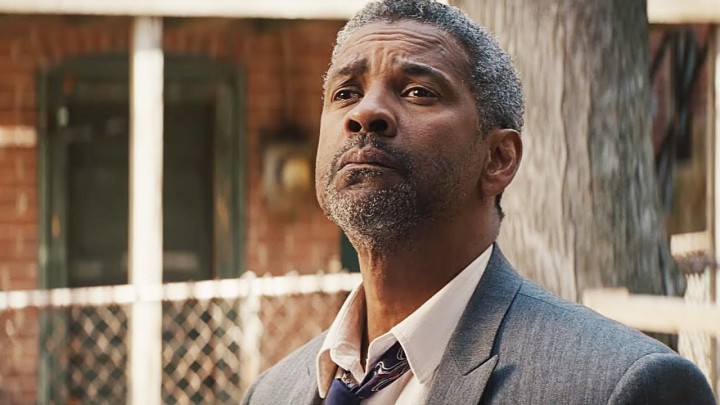
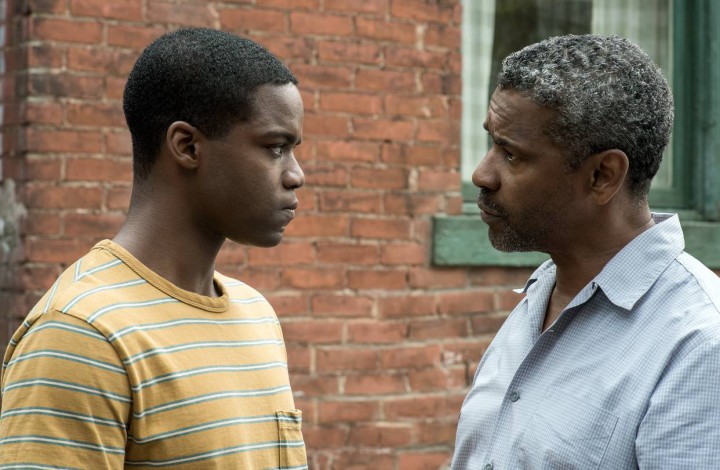
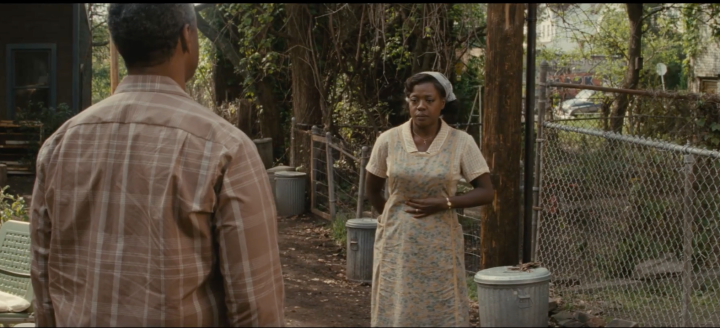
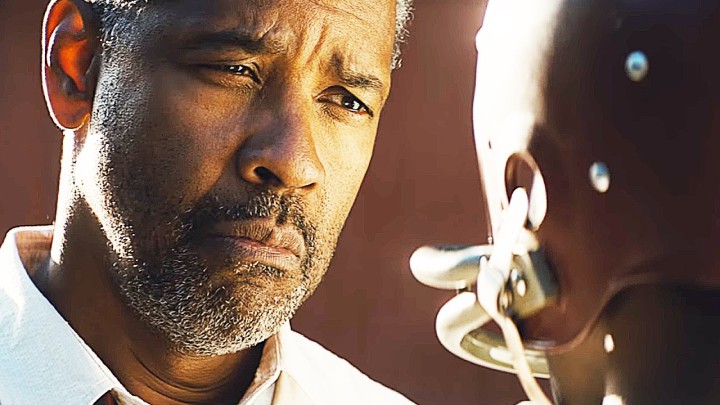
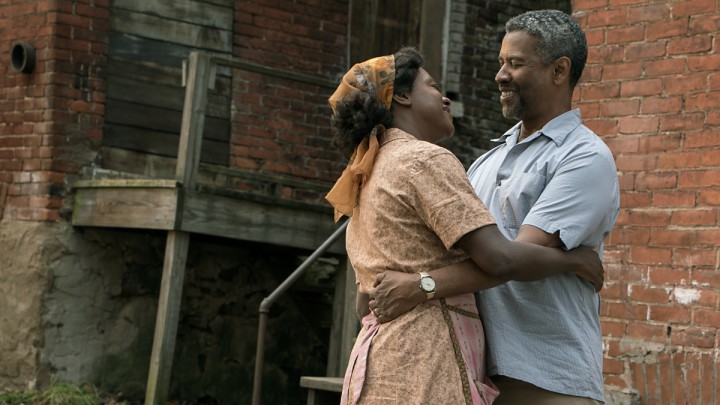
I’ve read 4/5 reviews of this flick (including yours), which encouraged me to see it. I’ve got two comments: 1) I’m 73 and have been seeing movies for about 65 years or so. This performance by Denzel Washington is the best, most affecting piece of film acting that I can remember (the same actor’s in “Training Day” was a close second). 2)I am surprised that most critics (including you) didn’t want to examine the title. My first thought was Robert Frost’s “Mending Wall” (“something there is that doesn’t love a wall’). So many different (and different kinds of) fences in this film. And one of the characters even comments on one of the poet’s main themes, that being that a fence can wall either in or out. It would be interesting to grab a pen and paper and try to list all the walls (conscious and unconscious) that these characters (or pairs or groups of them) erect and maintain.